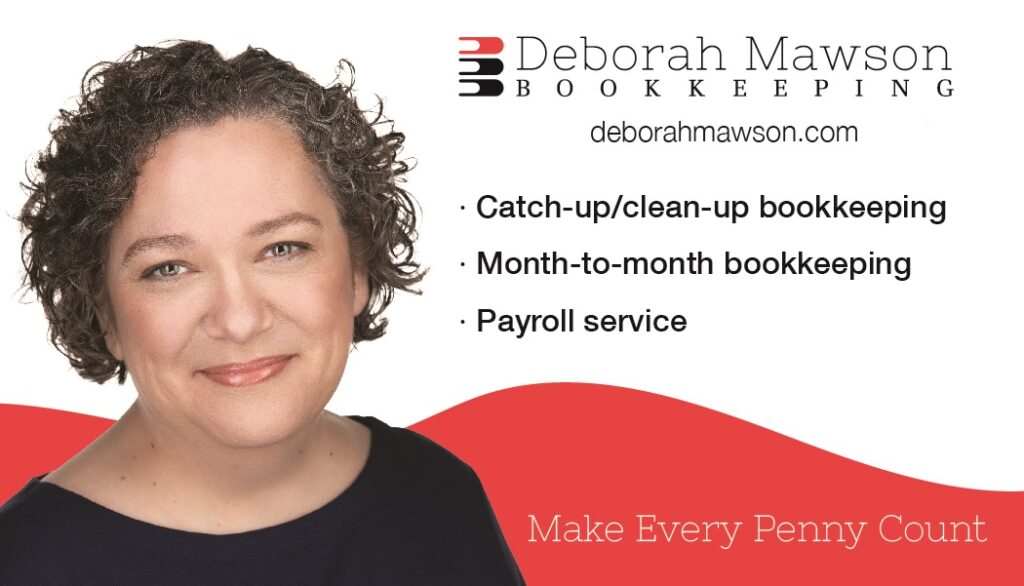Cash flow issues are one of the leading reasons why 82% of small businesses don’t succeed, according to a study by U.S. Bank.
For contractors, this underscores the vital need to manage the movement of money in and out of your business. Balancing the costs of materials, labor, and overhead with unpredictable payment schedules can feel like walking a delicate financial tightrope.
Proper cash flow management provides the stability and peace of mind every business owner craves, ensuring your projects stay on track and your future feels secure.
As we step into the New Year, now is the ideal time to take control of your finances. Managing inflows and outflows isn’t just about covering costs—it’s about building a business that’s resilient, sustainable, and ready to grow.
Let’s explore what cash flow management looks like for contractors and how simple, actionable strategies can make a big difference.
Why Cash Flow Management is Critical for Contractors
Cash flow—your business’s ability to move money in and out smoothly—affects every aspect of your operation. Without it, even the most profitable-looking projects can spiral into financial trouble.
Contractors face unique challenges when it comes to cash flow. Seasonal slowdowns, for instance, often mean that income is inconsistent.
But your expenses—like equipment leases and payroll—don’t take a break.
Plus, clients often delay payments, leaving you to cover material costs and subcontractor wages out of pocket. These realities make managing cash flow a non-negotiable part of running a successful contracting business.
Imagine this: You’ve just completed a big renovation project. The invoices are sent, but payments won’t arrive for 30, 60, or even 90 days.
Meanwhile, you’ve got another project waiting to start, but you’re short on cash to buy materials.
This scenario is all too common, but it doesn’t have to be your norm. With the right systems in place, you can avoid these pitfalls and keep your business moving forward.
Strategies to Keep Cash Flow Running Smoothly
One of the first steps in managing cash flow effectively is staying on top of your numbers.
When you regularly track your income and expenses, you gain a clear picture of your financial health. This means monitoring your accounts frequently—weekly, if not daily—and using tools like QuickBooks to stay organized.
Beyond tracking, planning is key. Contractors often experience busy periods followed by slower seasons, so it’s essential to anticipate these fluctuations.
Reviewing past projects can help you forecast your cash flow, giving you the insight needed to set aside reserves during profitable months to cover leaner ones.
Invoicing practices also play a major role in maintaining positive cash flow. Sending accurate invoices promptly, following up on overdue payments, and offering incentives for early payments can significantly reduce delays.
On the other side of the equation, managing your outflows—expenses—requires careful scrutiny.
- Are there recurring costs you can reduce or eliminate?
- Can you negotiate better terms with your suppliers?
Small adjustments in these areas can lead to substantial improvements over time.
The key takeaway here is that cash flow management isn’t just about making ends meet. It’s about creating stability, so you’re ready to seize opportunities when they arise.
The Role of a Virtual Bookkeeper in Optimizing Cash Flow
While these strategies can improve your cash flow, implementing them consistently takes time, effort, and expertise. That’s where a virtual bookkeeper can make all the difference.
A professional bookkeeper doesn’t just handle your books; they provide the insights and support you need to make smarter financial decisions.
For example, a bookkeeper can help you identify patterns in your spending and billing that might be costing you money. They can also assist with forecasting cash flow, so you’re prepared for both peaks and valleys in your business.
Deborah Mawson Bookkeeping takes this a step further by tailoring services specifically for contractors. From cleanup and catchup work to monthly check-ins that provide actionable advice, our goal is to give you peace of mind and more time to focus on what you do best—building and creating.
Set Yourself Up for Success in 2025
The New Year is the perfect time to commit to better financial practices.
Start by reviewing your cash flow from the past year. Where were the bottlenecks? What could have been handled differently?
This kind of reflection is the first step toward setting achievable financial goals for the year ahead.
Once you’ve identified areas for improvement, consider partnering with a professional bookkeeper. With their help, you can put systems in place to keep your cash flow steady, allowing you to focus on growing your business rather than worrying about bills and invoices.
At Deborah Mawson Bookkeeping, we specialize in helping contractors like you take control of their finances.
Whether you need help organizing your books, forecasting cash flow, or simply getting back on track, we’re here to support you every step of the way.
Build a Financially Stronger Business This Year
Cash flow management isn’t just a financial skill—it’s a lifeline for your business. By prioritizing it, you can ensure the long-term health of your business, reduce stress, improve your operational efficiency, and set the stage for sustainable growth.
As you dive into 2025, don’t let cash flow challenges hold you back.
Schedule a Discovery Call with Deborah Mawson Bookkeeping today and start building a financial foundation that supports your goals and fuels your success



